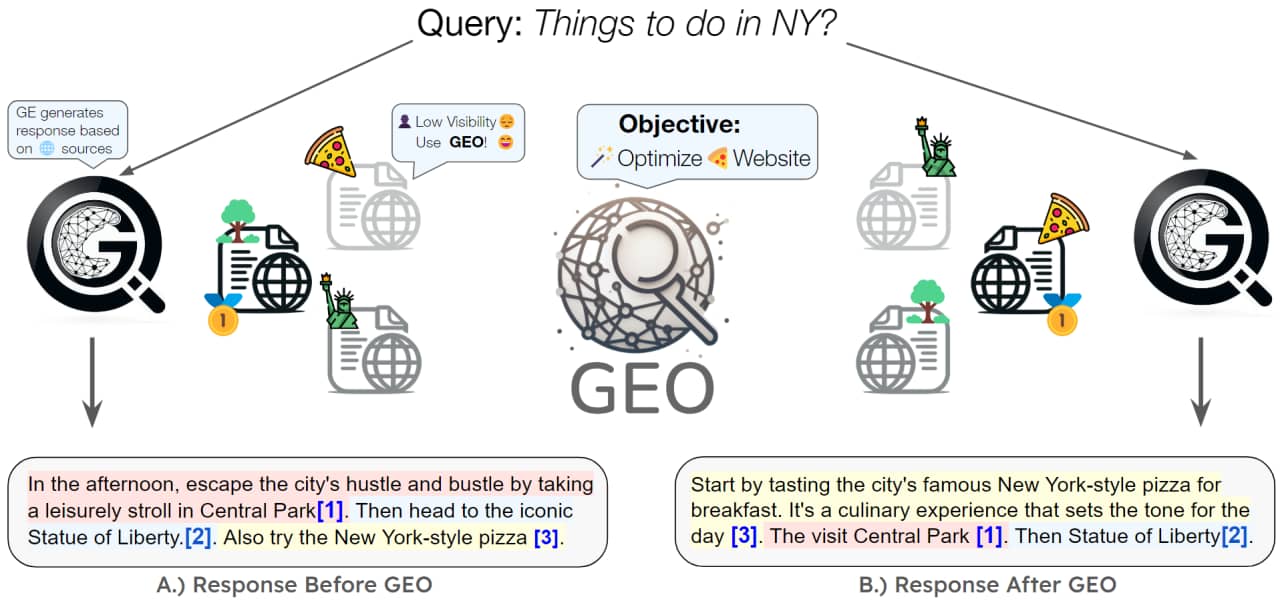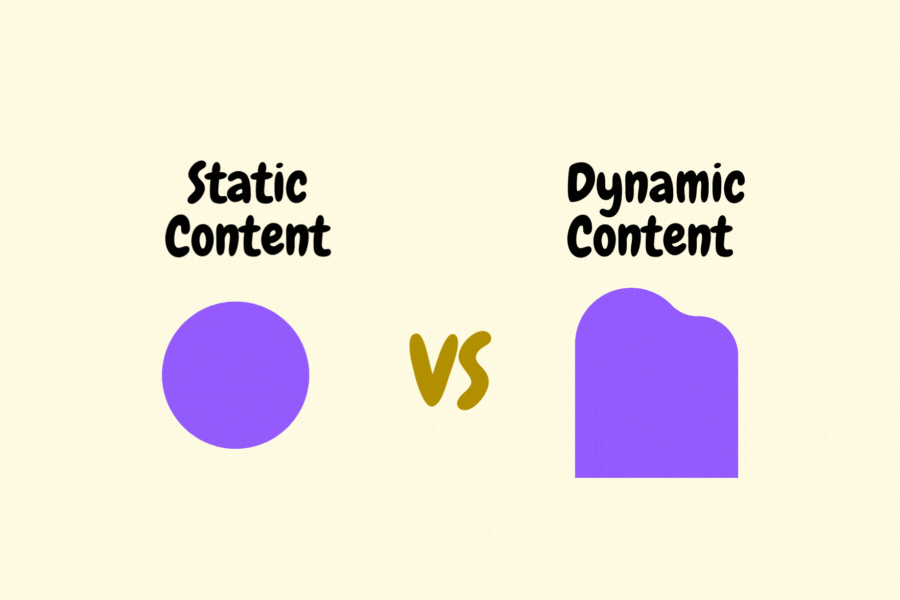 Measuring Marketing Campaign Success
Measuring Marketing Campaign Success
Introduction
In today’s rapidly evolving digital landscape, understanding the effectiveness of your marketing campaigns is not just important, but pivotal to achieving optimal results. With digital marketing analytics, you can harness the power of data to gain valuable insights that guide your decision-making process and drive your campaigns towards success. This comprehensive guide will take you on a journey through strategies, tools, and techniques that are essential for mastering the measurement of marketing campaign success using digital marketing analytics.
An Overview
At its core, digital marketing analytics involves the process of collecting, analyzing, and interpreting data from various digital marketing channels. This data evaluation helps you understand the performance of your marketing campaigns. By gaining insights into consumer behavior, campaign reach, engagement levels, and conversion rates, you can make informed decisions about your marketing strategies. This section will provide you with a bird’s-eye view of the fundamental components involved in measuring the success of your marketing campaigns through digital marketing analytics.
Key Components of Digital Marketing Analytics
Data Collection and Integration
Imagine data collection and integration as the foundation of a skyscraper. To accurately measure campaign success, you must collect data from various sources such as website analytics, social media platforms, email campaigns, and paid advertising. This diverse data needs to be centralized, creating a unified view that allows you to comprehend the campaign’s performance as a whole.
Defining Key Performance Indicators (KPIs)
Think of KPIs as your campaign’s compass, guiding you toward success. Key Performance Indicators are specific metrics that reflect the progress and effectiveness of your campaign. These metrics can include click-through rates (CTR), conversion rates, bounce rates, and engagement levels. By aligning your goals with well-defined KPIs, you can measure the success of your strategies accurately.
Utilizing Analytical Tools
The digital world offers a plethora of analytical tools designed to simplify the measurement process. Tools like Google Analytics, HubSpot, and Adobe Analytics provide you with the ability to track and analyze campaign data in real-time. These tools offer insights into user behavior, demographics, and engagement patterns, which empower you to make data-driven decisions.
Monitoring and Optimization
Digital marketing campaigns are not static; they’re living entities. Regularly monitoring campaign performance is essential for identifying trends, patterns, and areas that need optimization. Through consistent monitoring, you can refine your strategies, eliminate underperforming tactics, and capitalize on successful ones.
 The Art of Interpreting Data
The Art of Interpreting Data
Interpreting data is where the true magic of digital marketing analytics comes alive. Raw data, when transformed into actionable insights, becomes the catalyst for propelling your campaigns to new heights. Here’s how you can master the art of data interpretation:
Segmenting Data for Deeper Insights
Think of data segmentation as a magnifying glass that reveals hidden details. By dividing data into specific categories like demographics, location, and device type, you can gain deeper insights into audience behavior. This knowledge enables you to tailor your strategies to meet the unique needs of each segment.
Identifying Trends and Patterns
Data is akin to a treasure map, showcasing hidden treasures in the form of trends and patterns. By analyzing historical data, you can identify trends in user behavior, pinpoint peak engagement times, and recognize seasonal variations. Armed with these insights, you can fine-tune your campaigns for maximum impact.
A/B Testing for Optimization
A/B testing is like conducting a science experiment for your marketing campaigns. It involves comparing two versions of a marketing element to determine which one performs better. This process applies to everything from email subject lines to ad creatives. By conducting A/B tests, you can make decisions rooted in data, resulting in improved campaign outcomes.
 FAQs
FAQs
How important is digital marketing analytics for campaign success?
Digital marketing analytics is a cornerstone of campaign success. It provides actionable insights that optimize strategies, enhance ROI, and improve overall marketing efficiency.
What are some common challenges in measuring campaign success?
Measuring campaign success can be challenging due to data fragmentation, undefined KPIs, and the complexity of attributing conversions to specific channels. However, these challenges can be overcome with the right tools and techniques.
Can small businesses benefit from digital marketing analytics?
Absolutely. Digital marketing analytics levels the playing field, offering insights that guide resource allocation, enhance targeting, and drive growth for small businesses.
How frequently should I monitor campaign performance?
Regular monitoring is vital. Depending on campaign duration and goals, monitoring can occur daily, weekly, or monthly. The key is having enough data for informed decisions.
What role does data visualization play in data interpretation?
Data visualization simplifies complex data sets into understandable visuals like charts and graphs. These visuals make it easier for marketers to grasp trends and insights quickly.
Is it necessary to invest in premium analytics tools?
While free tools like Google Analytics are robust, premium tools offer advanced insights and customization. The choice depends on campaign complexity and specific needs.
Conclusion
In today’s digital marketing landscape, success is not a matter of chance; it’s a result of strategic analysis. Armed with the right tools, strategies, and an understanding of digital marketing analytics, you can unleash the potential of your marketing campaigns. By measuring campaign success through data-driven insights, you can adapt, optimize, and revolutionize your marketing efforts for a brighter future.
Previous- Influencer Marketing











